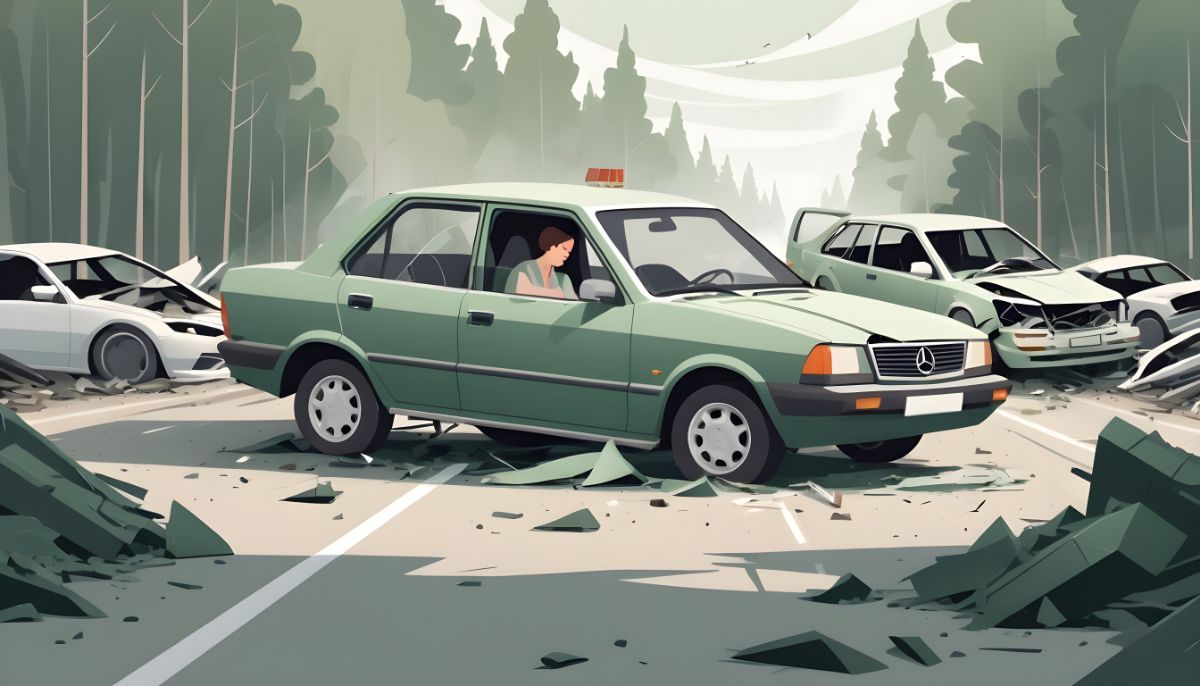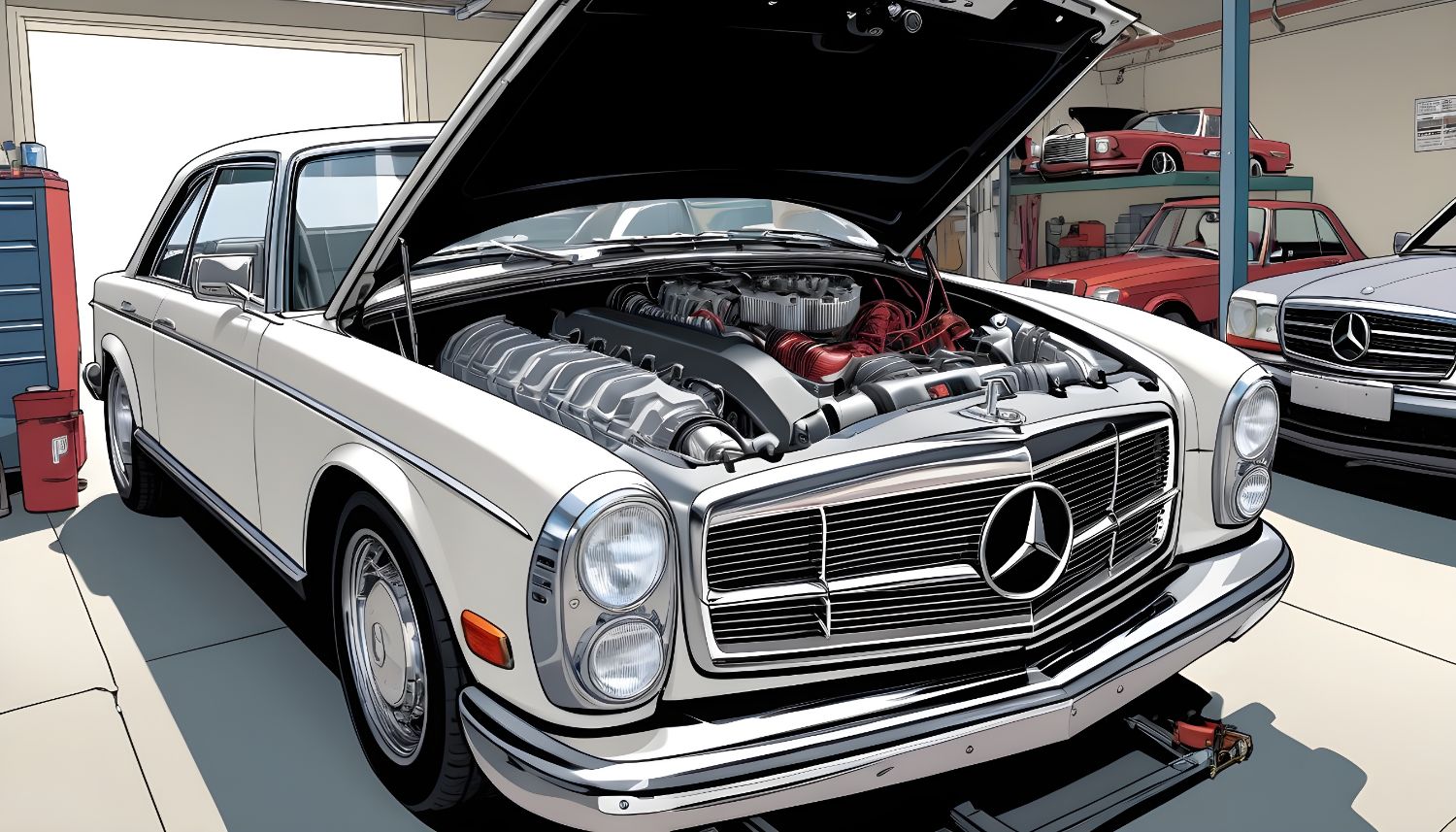
Picture this: your beloved car, a loyal companion on countless journeys, sits idly in your driveway, gathering dust. Perhaps it’s undergoing repairs, or maybe you’re taking a break from driving for a while. Whatever the reason, one question often arises: do you still need insurance if your vehicle is off the road?
Let’s delve into the intricacies of this matter, particularly in the context of the United Kingdom and vehicles declared off-road through the Statutory Off Road Notification (SORN) process.
Understanding SORN:
Before we tackle the insurance conundrum, let’s first unravel the concept of SORN. In the UK, if you have a vehicle that’s not being used on public roads and highways, you can declare it off the road by obtaining a SORN. This notification essentially informs the Driver and Vehicle Licensing Agency (DVLA) that your vehicle won’t be driven or parked on public roads and is therefore exempt from vehicle tax.
The SORN Dilemma:
Now, back to the burning question: insurance. The short answer is yes, you generally still need insurance even if your vehicle is off the road. Here’s why insurance is vital for SORN vehicles:
Legal Requirement:
In the UK, it’s a legal requirement for vehicles to be insured unless they’ve been officially declared off-road with a SORN. Failure to insure your vehicle, even if it’s not in use, can lead to penalties, fines, and even prosecution.
Protection Against Theft and Damage:
While your car might be safely parked in your garage or driveway, it’s still vulnerable to theft, vandalism, or damage from unforeseen events like fire or flooding. Without insurance, you could be left with a hefty bill to repair or replace your vehicle.
Third-Party Liability:
Even if you’re not driving your car, there’s still a risk that it could cause damage to third-party property or injure someone. Without insurance, you’d be personally liable for any resulting costs, which could be financially crippling.
SORN and Insurance:
So, how does SORN fit into the insurance equation? Essentially, if you’ve declared your vehicle off-road with a SORN, you can apply for a SORN exemption from the Continuous Insurance Enforcement (CIE) scheme. This means you won’t face penalties for not having insurance while your vehicle is off the road.
However, it’s important to note that while a SORN exempts you from the legal requirement to have insurance, it doesn’t eliminate the need for insurance altogether. As mentioned earlier, your vehicle could still be at risk of theft, damage, or causing third-party harm.
Options for Off-Road Insurance:
If your vehicle is off the road but you still want insurance coverage, there are options available:
Laid-Up Insurance:
Laid-up insurance, also known as off-road insurance, provides comprehensive cover for vehicles that are not in use. This type of insurance typically protects against theft, fire, and damage while your vehicle is stored away.
Fire and Theft Only:
Another option is to opt for fire and theft-only insurance. This type of policy provides limited coverage but can offer peace of mind knowing that your vehicle is protected against specific risks.
Tips for Insuring Off-Road Vehicles:
If you’re considering insurance for your off-road vehicle, here are some tips to keep in mind:
- Shop Around: Compare quotes from different insurance providers to find the best deal for your off-road vehicle.
- Review Policy Terms: Pay close attention to the terms and conditions of the insurance policy to ensure you’re adequately covered for your specific needs.
- Consider Security Measures: Invest in security measures such as alarms, immobilizers, and secure storage to reduce the risk of theft and vandalism.
- Update DVLA: Keep the DVLA updated with any changes to your vehicle’s off-road status to avoid penalties or fines.
Conclusion:
In conclusion, while you may not be legally required to have insurance for a vehicle declared off-road with a SORN, it’s still advisable to consider insurance coverage for protection against theft, damage, and third-party liability. Whether you opt for laid-up insurance, fire and theft-only cover, or choose to rely solely on a SORN exemption, ensuring your off-road vehicle is adequately protected is essential for peace of mind.
So, before you bid farewell to your trusty car for a period of hibernation, take a moment to consider your insurance options. After all, a little foresight now could save you from a world of financial woes down the road.
FAQs: Your Off-Road Vehicle Insurance Queries Answered
As you navigate the ins and outs of insuring your off-road vehicle, you’re bound to have questions. Here are some frequently asked questions to shed light on common concerns:
Q: If I declare my vehicle off-road with a SORN, do I still need insurance? A: While a SORN exempts you from the legal requirement to have insurance, it’s still advisable to consider insurance coverage for protection against theft, damage, and third-party liability.
Q: Can I drive my vehicle without insurance if it’s off-road? A: No, it’s a legal requirement to have insurance for vehicles driven or parked on public roads, unless they’ve been officially declared off-road with a SORN.
Q: What type of insurance do I need for my off-road vehicle? A: You have options such as laid-up insurance, which provides comprehensive cover for vehicles not in use, or fire and theft-only insurance for limited coverage against specific risks.
Q: Will I face penalties if I don’t have insurance for my off-road vehicle? A: If your vehicle is not declared off-road with a SORN and you don’t have insurance, you could face penalties, fines, and even prosecution.
Q: How can I apply for a SORN exemption from the Continuous Insurance Enforcement (CIE) scheme? A: You can apply for a SORN exemption through the DVLA’s online portal or by contacting them directly for assistance.




